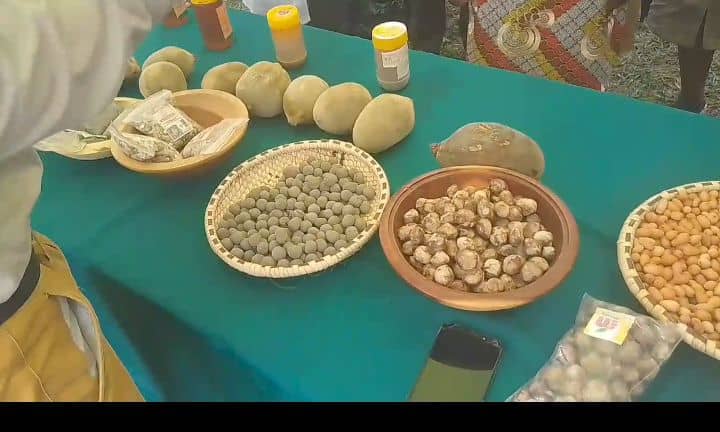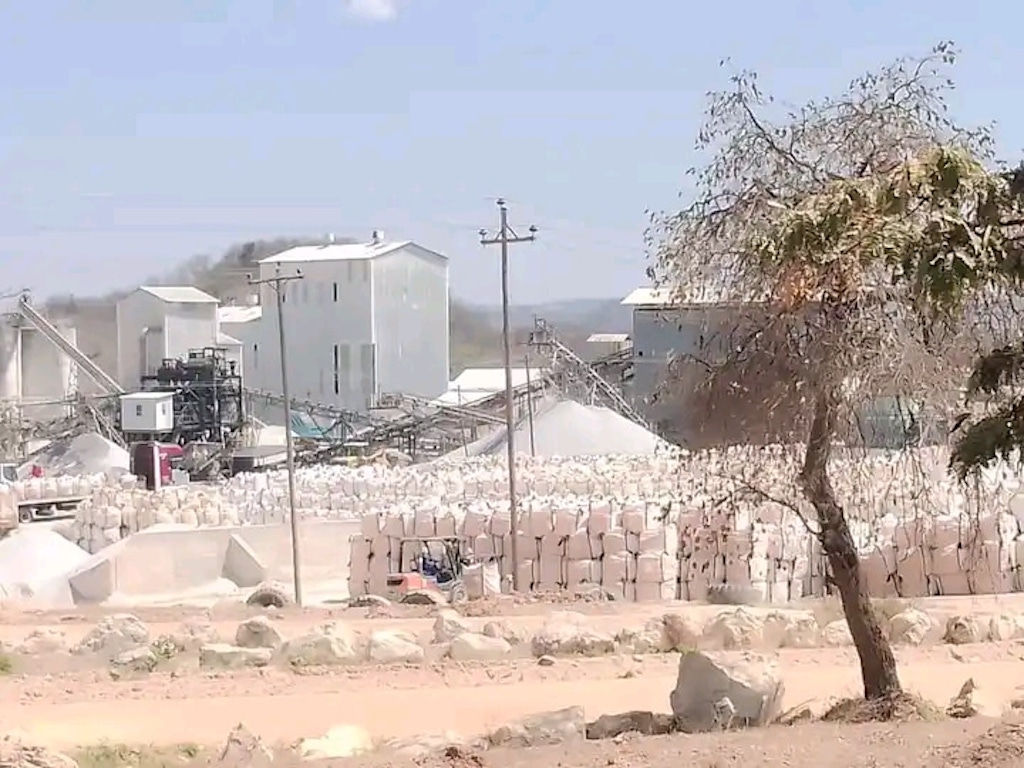Rutendo Chirume
The Vanyoro Community Seed Bank (CSB) in Zaka district has been described as a ground-breaking step towards food security and agricultural resilience in the face of climate change.
The seed bank was officially commissioned by the Minister of Environment, Climate, and Wildlife, Sithembiso Nyoni, in Ward 17 of Zaka district on March 12, 2025
A CSB was described as a farmer-led initiative designed to store a variety of seeds, including indigenous and drought-resistant crops such as millet, sorghum, and traditional vegetables.
“This initiative provides a practical solution by preserving indigenous and drought-tolerant seeds which are essential for food security and sustaining our traditional farming systems. A seed bank serves as a repository of valuable genetic resources, ensuring that our communities have access to a diverse range of seeds adapted to local climatic conditions.
“Through this intervention, our farmers are left with the necessary resources and knowledge to safeguard their crops against climate variability,” said Nyoni in her remarks.
The Vanyoro CSB, which benefits more than 500 farmers from over 20 villages, was established under the Drylands Sustainable Landscapes Impact Programme (DSLIP).
The programme is being implemented by the Environmental Management Agency (EMA) and funded by the 7th cycle of the Global Environment Facility (GEF-7) which is led by the Food and Agriculture Organization (FAO) of the United Nations.
Leonard Rugwevera, a beneficiary of the scheme, said the establishment of Vanyoro seed bank was set to improve the community’s resilience against drought and water challenges the community faces.
“The project represents a move towards sustainable agriculture to end hunger in this community which is in a semi-arid region faced with water shortages. We now have a borehole which produces water for us and our livestock.
“We can now develop knowledge on how to conserve our forests and soils, and we will receive more training on farming traditional small grains,” said Rungwevera.
The event was also graced by FAO Southern African Coordinator Patris Talla who revealed Zimbabwe had received over US$10 million to support land management for enhanced ecosystem resilience in the Save and Runde catchment areas.
“These CSBs will assist in improving access to diverse and locally-adapted seeds, conserving and promoting the use of diverse crops, including neglected and underutilized species, diversified diets and improved nutritional security,” said Talla.
The project is being implemented across eight districts that are under Save and Runde catchment areas.








